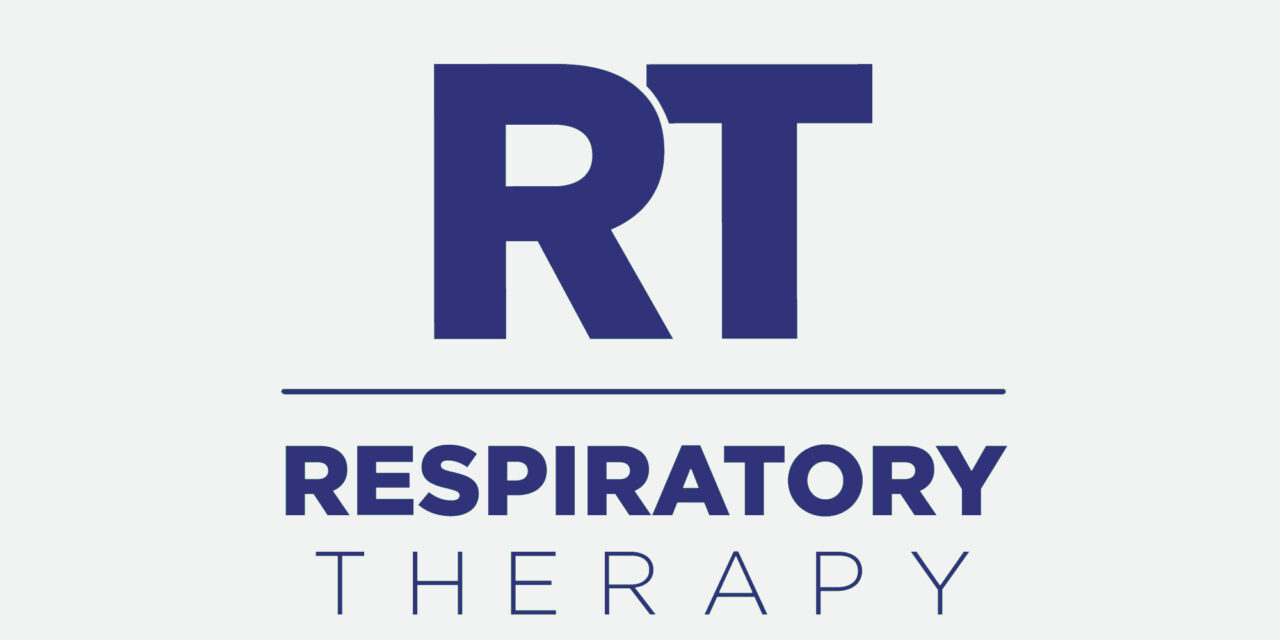New research into the brain’s role in nicotine addiction may result in changes in the way smoking cessation programs are designed.
By Marian Benjamin
My friends who smoke are well aware of the risks they take whenever they light up: cancer, high blood pressure, heart disease, emphysema —the list goes on.

Why do my otherwise intelligent friends ignore the statistics and continue to smoke? Why can’t they just say no? I came across two studies that might provide some insights. Researchers at the National Institute on Alcohol Abuse and Alcoholism analyzed the 2001-2002 National Epidemiologic Survey on Alcohol and Related Conditions and found that 70% of smokers suffer from some type of psychiatric or mental disorder, including nicotine dependence.1 I was shocked to learn that nicotine-dependent people make up only 12.8% of the overall population, but consume 57.5% of cigarettes. Smoking cessation experts might do well to look at underlying mental disorders when designing their programs.
In another study, researchers at the California Institute of Technology have identified brain cell receptors that appear to be responsible for nicotine addiction.2 The receptors are activated by acetylcholine and have subunits that are adapted for a specific function.Twelve of them are activated by nicotine. Experiments with genetically engineered mice revealed that mice bred to have a mutated form of the a4 subunit were unusually sensitive to nicotine. Perhaps it is especially sensitive a4 subunits in human smokers that cause them to crave nicotine.
Cigarette smoking causes about 440,000 premature deaths each year. Clearly, whether it is a psychiatric disorder or the result of mutated receptors, nicotine dependence puts smokers and society in harm’s way. For the smokers who want to quit, support groups, hypnosis, and medications all offer help. One promising new medication, under development for the management of obesity, has potential as a treatment for smoking cessation. The drug, (rimonabant) works by blocking endogenous cannabinoid binding to receptors in the brain. Activation of these receptors by endogenous cannabinoids increases appetite and is also involved in the body’s response to tobacco dependence.
Smoking cessation is a priority of the US Department of Health and Human Services (HHS). On November 10, HHS Secretary Tommy G. Thompson announced a new initiative to help smokers quit. The initiative includes the opening of a national quitline number (1-800-QUITNOW [784-8669]) that will put smokers in touch with programs that can help them give up tobacco. A new Web site (www.smokefree.gov) offers online advice and downloadable information to make cessation easier. Thompson asks all health care professionals to encourage every tobacco user they see to call the toll-free number or visit the Web site.
Previous treatment solutions, such as nicotine replacement therapy, addressed the physiological and behavioral basis of smoking cessation, with limited success. Now that researchers are looking into the brains of smokers, we can hope to see great progress in finding solutions to nicotine dependence. Good news, indeed.
RT
Marian Benjamin is the former editor of RT. For more information, contact [email protected].
References
1. Grant BF, Hasin DS, Chou SP, Stinson FS, Dawson DA. Nicotine dependence and psychiatric disorders in the United States: results from the national epidemiologic survey on alcohol and related conditions. Arch Gen Psychiatry. 2004;61(11):1107-15
2. Tapper AR, McKinney SL, Nashmi R, et al. Nicotine activation of alpha4 receptors: sufficient for reward, tolerance, and sensitization. Science. 2004;306(5698):1029-32.









